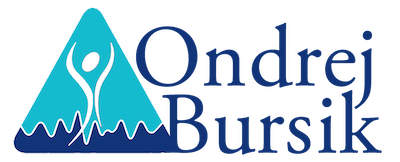
Potassium is a macro mineral and is the third most abundant mineral in the human body. It is essential to the health of the heart, kidneys, brain, muscle tissue, and other organs in the body.
It plays many roles in the body such as acting as an electrolyte and working with sodium to maintain the body’s water balance. It is involved in maintaining a healthy nervous system, transmitting electrical impulses and a regular heart rhythm. It also helps to prevents strokes, maintain a stable blood pressure, is necessary for metabolism and digestion, enhances muscle strength and is involved in chemical reactions within cells as well as the transfer of nutrients to cells. It is also important for the treatment of anxiety and stress
Signs of potassium deficiency include fatigue and muscle weakness. Other indications of deficiency are: slow irregular heartbeat, heart palpitations, weak reflexes, insomnia, muscle damage, nervousness, headaches, anaemia, continuous thirst, dry skin. Serious deficiency can also lead to high blood pressure, swelling in glands, pain in the intestines and diabetes.
Some food sources of potassium are: * Sweet potatoes and potatoes * Bananas * Artichokes * Pistachios * Squash * Coconut water * Orange juice * Spinach ans swiss chard * White beans * Dates * Yoghurt * Tomatoes * Raisins * Clams * Avocado
Potassium supplements may be purchased at the clinic.


